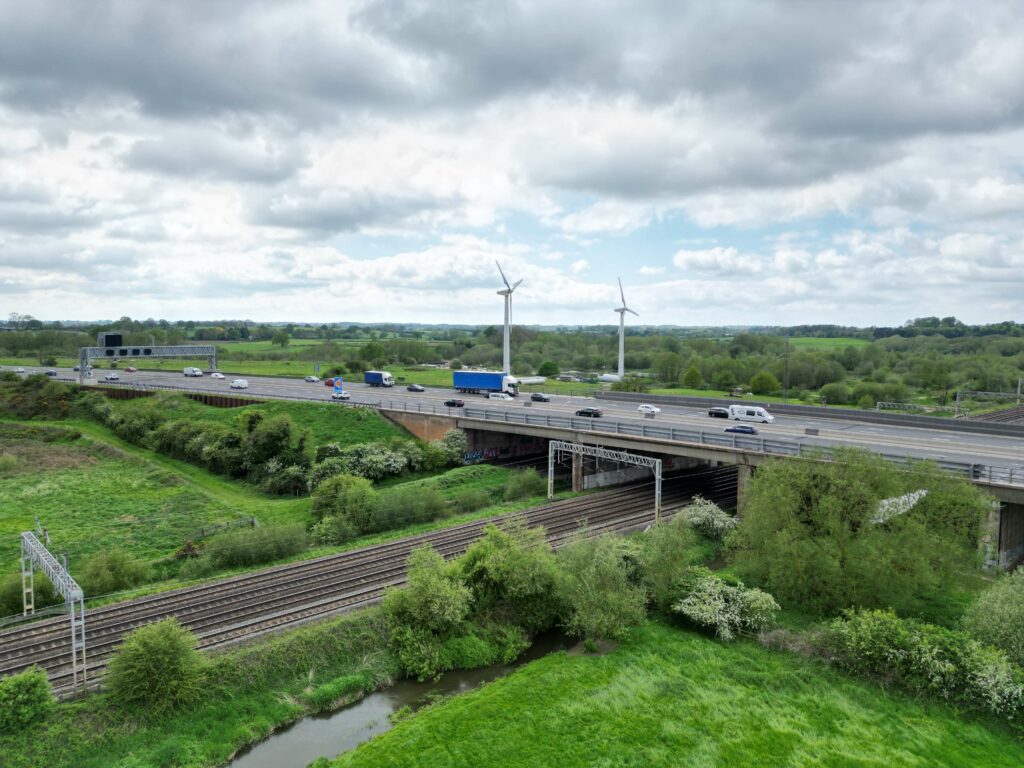The future of work is a fascinating and challenging subject to consider. It is an evolving concept that involves changes in the way we work, the skills we need to succeed, and the technologies we use.
It’s a subject that Chief Executives need to consider because these changes bear heavily on decisions for business practices, technology implementation, talent attraction and retention policies, and environment, sustainability, and governance.
So, we looked to see what changes have been taking place in recent years and we discovered that the future of work is being shaped by several key trends.
Remote Working
One of the most significant issues is the rise of remote work.
Since the COVID-19 pandemic forced companies worldwide to quickly adopt remote working practices to enable business continuity during the lockdowns, hybrid working, working from home, or remote working, has become more prevalent and widely accepted.
However, remote working does not suit every business, or indeed, every individual. Many industries, such as healthcare and manufacturing, include job roles that are not conducive to working remotely. Back office workers in these industries may still have some flexible working opportunities, but many do not. Many individuals prefer the social aspects of office working.
Remote working undoubtedly has both advantages and drawbacks for employers and employees. However, people tend to gravitate towards extreme viewpoints when discussing remote working, or any issue, because it generates a more lively and engaging conversation.
The media tends to amplify these extreme viewpoints, presenting a binary narrative that suggests remote working is either a resounding success or a total failure. However, this type of thinking is oversimplified and fails to recognise the many nuances and complexities that exist within the remote working issue.
Artificial Intelligence
Another significant development, which should be included in any discussion of the future of work, is the increasing use of automation and artificial intelligence (AI). The use of AI and automation is rapidly transforming the way various industries work, for example, manufacturing, healthcare, and finance.
CIOs should consider how automation, artificial intelligence, deep learning and machine learning will impact the business, and what technologies will be necessary to keep up with the competition. Technology changes fast and the implementation of these changes may require huge transformation projects.
The enormity of these projects requires a change management, conflict resolution and transformation expert and the business may not have these skills in house.
An interim manager can help here. Interim managers are problem solvers. They provide fast solutions to complex issues. Once the project is delivered, they transfer their knowledge to in house teams and then leave to solve a new problem for another business. If you need an interim CIO to deliver your digital transformation project, please get in touch.
Employee wellbeing
The COVID-19 pandemic has emphasised the importance of employee wellbeing, and it is likely to remain a critical consideration when discussing the future of work. In particular, how to support employees’ mental and physical health, how to create a healthy work-life balance, and how to promote a culture of wellbeing in the workplace.
Consideration should also be given to these issues for employees working remotely, including interims and other contract workers. It’s challenging to encourage a healthy work-life balance and optimum mental and physical health when employees are working from home. It’s an interesting question, because regardless of where your employees are, you are still responsible for their wellbeing while they’re working.
It is expected that HR departments will have the necessary policies and procedures in place to promote employee wellbeing. A few impactful things that could be included in those procedures are considerations of workplace culture, job design, workload, flexibility, autonomy, upskilling, financial security and social events.
Environment, Sustainability and Governance
Companies are increasingly expected to operate in a responsible manner with regards to the environmental impact of doing business.
This is likely to continue to be an important consideration for discussions on the future of work. How to create a culture of sustainability, for example, or how to engage employees in environmental initiatives, and how to measure the impact of these initiatives.
Head of ESG is still a relatively new role and they have their work cut out for them to create the policies and procedures necessary to achieve their goals. Of course, the most challenging part of the job can be getting all departments on board.
The future of work is a complex and multifaceted topic that requires careful consideration and planning from businesses and organisations.
It is crucial that businesses remain adaptable and responsive to these trends to stay ahead of the competition and attract and retain the best talent, but there’s little value in focussing on the extreme ends of these debates. Instead, we believe it’s better to evaluate everything with an open mind and with your business goals in sharp focus. The future of work is likely to be a fluid environment with employees working in ways that suit them and employers ensuring that the multitude of ways of working are suitably supported to ensure consistent productivity and employee wellbeing.
Interim managers can be a valuable resource in helping businesses navigate these changes and achieve their goals. By exploring these key trends and engaging in discussions about the future of work, businesses can prepare themselves for the challenges and opportunities that lie ahead.



